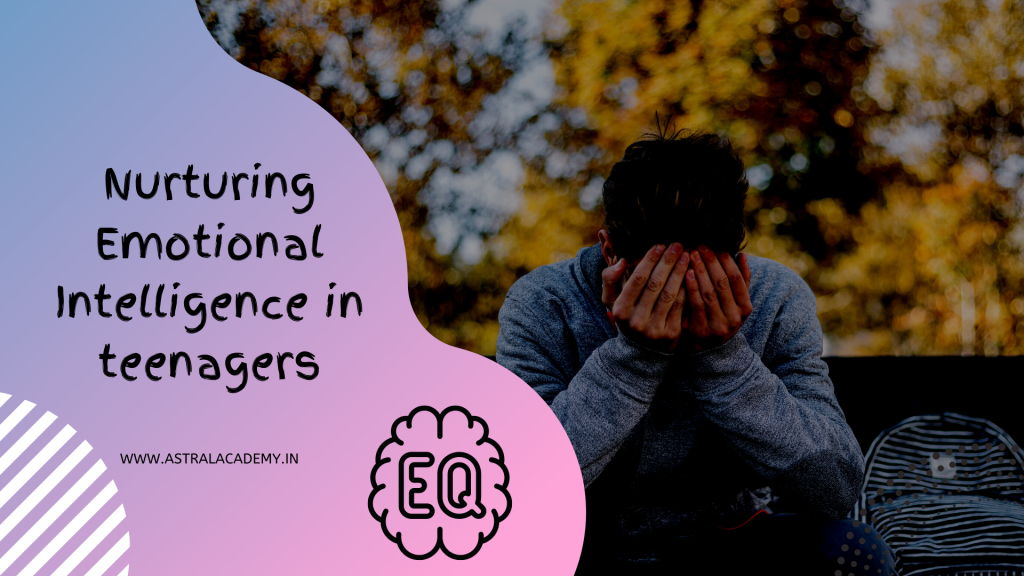How to Encourage Confidence and Resilience in Your Child
- What is positive parenting?
- The importance of positive parenting
- Strategies for positive parenting
Positive parenting is a parenting style that involves using kindness, empathy, and encouragement to guide and discipline children, rather than using punishment or threats. It is based on the belief that children are more likely to behave well and develop a positive sense of self-worth when they feel loved, supported, and valued by their parents or care givers.
It focuses on the child’s strengths and abilities, rather than their shortcomings. It is founded on the notion that kids should be encouraged to build their own abilities and independence because they are inherently curious and capable of learning.
Positive parenting is a way of raising children that focuses on building a strong, supportive relationship with your child and using positive reinforcement to encourage good behavior with the idea that all children are naturally inclined to do well, and that by providing a supportive, nurturing environment, parents can help their children develop to their full potential.
This approach to parenting can have a powerful impact on a child’s confidence and resilience, as it helps them feel valued and supported as they navigate the challenges of growing up.
Some ways that positive parenting helps children realise their full potential and grow up to be confident and self-assured adults are :
1.Self-assurance and self worth–
One of the key elements of positive parenting is providing a nurturing and supportive environment for children. This means showing love and affection, and making an effort to spend quality time with your child. It also means setting clear boundaries and expectations, and providing a safe and predictable home environment. When children feel loved and supported, they are more likely to develop a strong sense of self-worth and the confidence to take on new challenges.
2.Experiences that shape their minds –
Because children are born learners another important aspect of positive parenting is providing opportunities for children to learn and grow through external stimulus and their environment. This can include activities such as reading, playing educational games, and going on field trips. It can also involve allowing children to make their own decisions and encouraging them to try new things.
Positive parenting provides children with a variety of learning experiences, that help them develop their skills and abilities, and boost their creativity and self-esteem.
3. Teaches them the importance of consistency and discipline:
Enforcing positivity and fairness in discipline is another essential component of effective parenting. This entails establishing precise guidelines and consequences and applying them consistently. It’s crucial to be stern yet fair with your child, and to make sure that they comprehend the justification for your restrictions. You may aid your child in learning self-control and the capacity to make wise decisions by enforcing discipline in a regular manner. It then gives them the motivation to act consistently in everything they do.
4.Better interpersonal connections:
Parents who practise positive parenting have more successful interactions with their kids. As a result, there may be more cooperation and communication as well as a stronger sense of attachment and connection. This guarantees that your child will always feel free to be themselves around you.
5. Enhanced self-esteem:
Children who receive praise and appreciation for their efforts and accomplishments, no matter how small, grow to feel confident in themselves. This may result in more motivation and confidence. They also learn the importance of working hard from all of this.
6.Greater independence and resilience: Positive parenting encourages children to make their own decisions and solve problems on their own. This can help them develop the skills and traits they need to become independent, self-sufficient adults. Children who are raised with positive parenting techniques are more likely to be resilient and able to cope with challenges. This can help them navigate through life’s ups and downs with greater ease.
7. Healthy emotional intelligence development: Positive parenting helps children feel loved and accepted, which can foster healthy emotional development and self-esteem. It helps develop emotional intelligence in them which is crucial in their overall development and success.
8.Promotes positive behavior:
By using positive reinforcement and setting clear expectations, positive parenting can help children learn to make good choices and behave appropriately.
9.Improves communication and coordination:
Positive parenting encourages open and honest communication, which can help children feel comfortable sharing their thoughts and feelings with their parents.
When children feel valued and respected, they are more likely to cooperate with their parents and follow rules. They learn essential social skills and develop team spirit.
10.Reduces negative behaviors:
Positive parenting can help reduce negative behaviors, such as aggression, defiance, and disobedience, by teaching children more positive ways to express their feelings and needs. It introduces them to a variety of forms of self expression.
Thereby, it’s easily gathered that positive parenting is a potent tool for fostering children’s self-assurance and resiliency. It entails creating a safe and encouraging atmosphere, offering chances for learning and development, setting an example of positive attitudes and actions, enforcing fair and consistent rules of behaviour, and paying attention to and respecting your child’s thoughts and feelings. By implementing these strategies, you may support your child in gaining the knowledge and consciousness they need to succeed in life.
Here are some empowering positive parenting strategies for building your child’s self-esteem and adaptability:
1. The best resource is experience: Facilitating your child to try new things, even if they are difficult, and praising them for their progress. They will overcome shyness as a consequence of this. Introduce them to a range of indoor and outdoor pursuits and take them to social environments where they may interact with others and hone their social skills.
2. Learn more and act more: Praise your child’s efforts and accomplishments to aid in the development of a growth and entrepreneurial attitude. This will enable kids to understand that effort and practise can lead to improvement and the acquisition of new skills. Additionally, it teaches kids to think creatively and step outside of their comfort zone.
3. Let them choose: Encouraging your child to resolve problems and try coming to decisions for themselves. Allow them to pick the extracurricular pursuits or leisure activities they wish to participate in. They learn to think quickly under pressure and acquire leadership skills as a result. They will get the determination and the knowledge needed to meet obstacles on their own as a result of this.
4.Be who you want them to be– How you behave and deal with everyday life is how you teach them to do the same. Children are incredibly adaptable so show your child how to face challenges with determination and a positive attitude.
One of the most effective ways to encourage confidence and resilience in children is to model these qualities yourself. Children learn by example, and when they see you facing challenges and adversity with determination and an optimistic outlook, they will be more likely to adopt these attitudes themselves.
It is important to remember that no one is perfect, and it is okay to make mistakes. When you admit to your own mistakes and talk about how you learn from them, you can help your child develop a growth mindset and the perseverance to bounce back from setbacks.
5. Mistakes are lessons learned: Help your child reflect on what they could have done differently and propose a solution to do better in the future so they can learn from their mistakes. Instill in them the habit of always looking for the positive aspects of every circumstance and of never spending valuable time focusing on mistakes.
6. Establish goals: Motivate your child to set objectives and work toward achieving them. Ambition and tenacity are qualities that help people succeed in life. They will be able to identify their strengths and weaknesses as well as create a sense of accomplishment and confidence in their skills owing to this.
7. Ask away :Teach your child that it’s acceptable to seek assistance when necessary, whether for mental health problems or academic endeavours. This will assist them in creating a network of friends, strengthening their resilience, and ensuring that they never feel alone.
8. Positive Reinforcement: This effective strategy for promoting positive behaviour is known as positive reinforcement. Children are more likely to repeat good behaviour in the future when it is constantly praised and rewarded. It also encourage your youngster to show others kindness and support. These methods teach them empathy and a sense of belonging, both of which can be significant for their holistic growth.
9. Listening is important– Respecting and listening to your child’s feelings and thoughts is a key component of excellent parenting. This entails taking the time to carefully consider what they have to say and making an effort to understanding their perspective. It also involves enabling your child to acquire the skills necessary for good communication and dispute resolution, as well as being willing to compromise and negotiate. You may support your child’s self-esteem and ability to express themselves by respecting their emotions and opinions.
In general, good parenting is an effective strategy for developing resilient, self-assured, and healthy children. Setting firm limits and expectations is necessary, but so is showing support and loving, as well as regularly rewarding good behavior. Parents can assist their children in realizing their full potential by using positive parenting and raising happy, healthy and successful adults.


